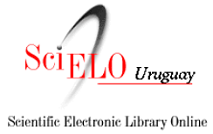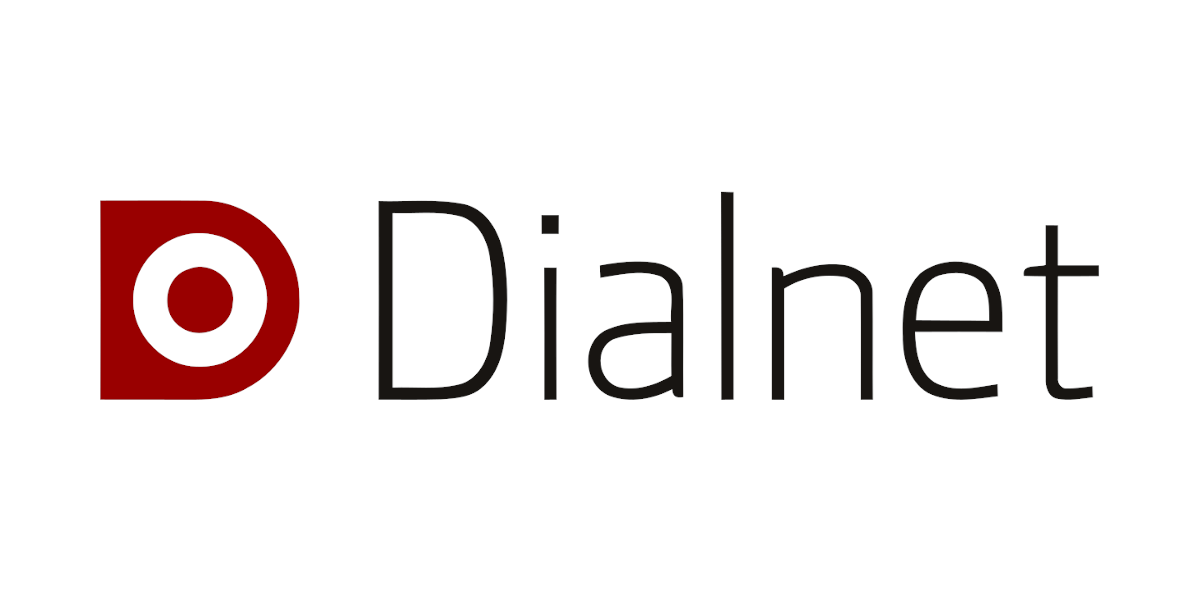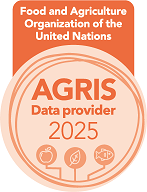Efecto de la vacunación viva contra la coccidiosis, la betaína y el sotolón sobre la salud intestinal y el rendimiento de pollos de engorde
Palabras clave:
Vacuna viva contra coccidios, Pollos de engorde, Salud intestinalResumen
This study aimed to assess the effect of betaine (B) and sotolon (extract from fenugreek; S) supplementation, on the modulation of gut health gene expression biomarkers (GOI) of broiler chickens with or without vaccination against coccidia, fed proprietary broiler feed. Bird growth performance was also measured. Day-old Ross 308 male chicks were obtained from a commercial hatchery, weighed, and assigned to 48 pens (5 birds per pen) situated in 4 separated rooms (24 pens in a room). Birds were fed 1 of 4 mash diets; a control (C) wheat-soybean diet containing per kg 210 g crude protein (CP) and 12.95 MJ metabolizable energy (ME); C + B (1.0 g/kg feed) (Danisco Animal Nutrition, Wiltshire, UK); C+S (0.2 g/kg feed) (4,5-Dimethyl-3-hydroxy-2,5-dihydrofuran-2-one; Sigma-Aldrich Co.); C + B (1.0 g/kg feed) + S (0.2 g/kg feed). The diets did not contain any coccidiostat, antimicrobial growth promoters, or similar additives. Feed and water were offered ad libitum to birds throughout the experiment. The birds in two of the rooms were given a live coccidiosis vaccine (Paracox 5; MSD Animal Health, UK), providing 8 experimental treatments in total. The environment in the rooms followed industry recommendations. At the end of the study, at 21 d age, one bird from each pen was randomly selected, killed by cervical dislocation and a segment from middle jejunum was collected and stored in RNAlater® (Sigma-Aldrich, USA) at - 80°C prior to analysis of the expression of GOI. Data were analysed by split-plot ANOVA following factorial design. Vaccination reduced (P<0.05) IGF1 expression but did not alter other variables. Betaine increased (P<0.05) OCLN, SLC5A1 and MUC2 expression although S did not impact other GOIs. Vaccination did not affect (P>0.05) overall performance of the birds. Betaine supplementation reduced (P<0.05) the overall FCR from 0 to 21 d age. The overall weight gain (WG) of the birds was not affected (P>0.05) by the experimental treatments. Dietary S supplementation did not have (P>0.05) an impact on the studied variables. No interactions (P>0.05) between any of the treatment factors were observed on any of the studied variables. In conclusion, dietary inclusion of B, but not S, improved gut health and feed efficiency. Live vaccination against coccidia did not affect performance.
Descargas
Publicado
Cómo citar
Número
Sección
Licencia
Derechos de autor 2025 Sociedad de Medicina Veterinaria del Uruguay-Facultad de Veterinaria, Universidad de la República

Esta obra está bajo una licencia internacional Creative Commons Atribución 4.0.











